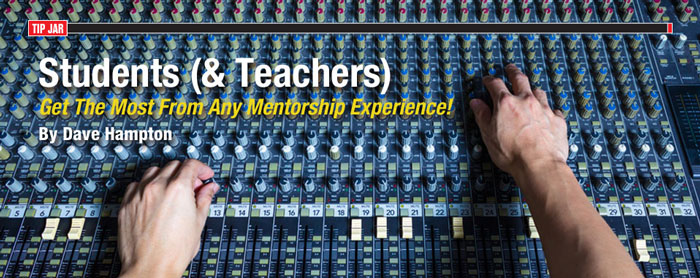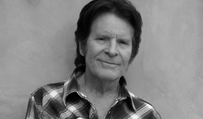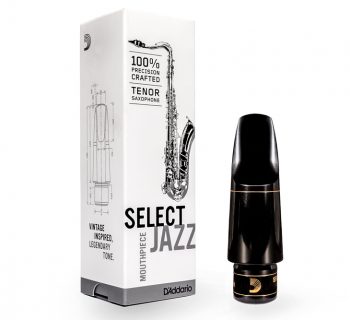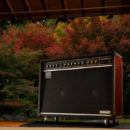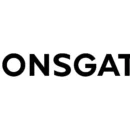The traditional expectation in mentoring is to create a way to advise and train a newcomer in the fine details of a skill or profession. Well, I’m going to flip the script on you.
While it’s great to hand off messages and create experiences for newcomers, it can only work if the student being mentored is receptive to the messages and concepts of, in this case, the life of a service provider (audio engineer).
Being a recording professional requires me to be a de facto “librarian” of history. Every time I press record when working with a creative, it produces digital evidence. It is my responsibility to use my expertise to help artists capture and mold their art. Consequently, when I get the chance to spend time with the next version of myself, I often look for some sign of passion and love for my craft. As a mentor, I look for that because it establishes an essential level of trust that allows me to offer someone a view to a special profession that many people never see.
Unfortunately, the mentoring relationship is too often undervalued by the student. Just as often, the mentoring process is not presented properly by the experienced professional. Let’s be honest: mentorship opportunities are not supposed to resemble “slave labor.”
Music creation has been made somewhat easy by the many devices and software that exist as crutches for those who entered production through less traditional non-music doors. (Don’t all write in at once––this is not opinion, it’s just fact.) I need to say it because I want you to understand the cost of access. Access to a process that before was only granted to individuals with a certain skill level and/or the budget to gather and create.
To get the most from any mentorship experience––to prepare yourself (the student) with the proper “attitude” for ACCESS––I suggest you do the following:
• Leave your desire to be seen and heard at home. As an audio engineer you must try to invest 100% of yourself in any opportunity to provide service to someone else. Your desire to be an artist is not needed. If you want in on this industry as a career, then leave all the self-centered aspects of your personality at home.
• Pay attention to details and follow instructions (and write them down if necessary).
• Understand is what is being asked of you––just because you got good grades in Pro Tools 101 class doesn’t mean you are the right fit for every situation. Mentorship situations are 85% observational. So the task for many students is to not look at a screen but look at people and listen, listen, listen.
• Remember names and maintain your own personnel database of key contacts who help you perform your job seamlessly. The people who you do business with over the phone or by email, go meet them in person. These are relationships you may need later.
• Be on time––in fact, always arrive early. In the instant culture of today we all are guilty of lacking a realistic relationship with time. Time just doesn’t refer to being late, it also speaks to “how long” it takes (or in the case of mentorship, how quickly you find yourself in a situation that most would envy).
• Show respect for the special position your mentor is providing you. He or she is giving you a tactical advantage over the rest of the people in your field. And always remember that wherever you go, you are representing your mentor.
• Create and define the goals and tasks with your mentor, and devise an outcome that makes you a benefit to the project. Review each day, when possible, with your mentor.
• Complete your mentorship by taking the time to talk about the things learned while you experienced access to a view into your career.
An important thing to remember is that we all can learn from one another––both teachers and students, no matter what age––so don’t be surprised if as a mentor providing an opportunity to a newcomer you find yourself re-kindling the creativity that you once had before you knew so much!
When I get stranded for ideas I often take a break and play with my seven-year-old. Her mind is free thinking all the time and not crowded with the pressures of life or strategic agendas that come with us every day.
Opportunity can come in many guises, so clear your mind of the illusions that we all tend to create when dreaming of our big break. You are already on a direct path to your assigned place; just open your eyes and look at the real opportunities and people who you will meet while in mentorship/internship settings. The reality of what you will learn is way better than anything you ever imagined.
DAVE HAMPTON is a 38+ year veteran of the audio recording industry who has worked with Herbie Hancock, Prince, Marcus Miller, Justin Timberlake, Maxwell and Babyface, NeYo, RZA, Too Short, Chicago and more. His company MATK Corp. creates and provides custom solutions. In addition to engineering, he consults with manufacturers on new tech, lecturers on survival in the industry and designs custom studios and creative spaces. He is the designer of REFTONE speakers. His four books include The Business of Audio Engineering. Hampton also serves on the steering committee for the P&E wing of the Grammys. Learn more at twitter.com/davehamptonmatk

